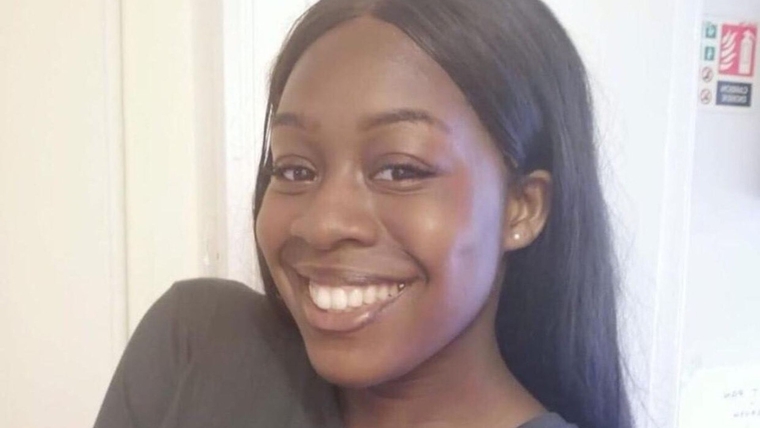Posted By: Amy Tubb
16th March 2021
3 minute read

When I was pregnant with my first child, I went to see my local GP because I was concerned about my mental health. It was hard to admit I needed help. I was asked by the doctor whether I was experiencing suicidal thoughts. I wasn’t, so I answered ‘no’. But if I was, I am sure I would have still answered ‘no’ because I would have been concerned that my child might be taken away from me if I said ‘yes’. So I did not get the treatment, advice and support I needed. Afterwards, the experience made me feel stupid, but more importantly it seemed like there was a barrier to treatment that I couldn’t hurdle.
I feel failed by the system, but I am not alone. Since my own experience, I have spoken to hundreds of women who have shared their experiences of seeking mental health support during or after their pregnancies. Whilst access to the right perinatal mental health support can be a lottery for women of all backgrounds, there is a strong sense that the system doesn’t hear black and brown women, doesn’t understand some of the cultural differences and nuances, and doesn’t appreciate our needs.
With my first child, I was reluctant to go to my local children’s centre because it felt like it wasn’t for me. Even when I did start going with my second child, there were not many women like me, and I had to confront a range of attitudes that were upsetting and off-putting. Black and brown women will tell you that other Mums often want to touch their child’s hair, or pass comment on their baby’s appearance. It seems well-meaning or innocuous but it’s not. It reinforces difference and makes us feel like we don’t belong.
My response was to start my own community interest company Prosperitys Trust, to provide guidance and support to Black and South Asian women going through similar experiences, especially with maternal mental health problems. I soon discovered that there were dozens of women in my community who were craving advice and support. They were craving being heard, listened to, respected, and not judged. I meet women who are resilient and strong, who daily overcome all kinds of challenges, and yet still need the right support and advice on their mental health.
They want empathy and guidance from people who ‘get it’, and who have shared experiences. My organisation is small and needs more funds, but we support women who are otherwise lost within the system and failed by it.
Today’s report commissioned by the Maternal Mental Health Alliance and conducted by Centre for Mental Health shows that the pandemic has made things worse for many black and brown women, and other women facing disadvantage, as they experience mental health issues during or after their pregnancy. Services have become even harder to access, and resources even more stretched. I am not surprised by the report’s findings – they ring true with the experiences of the women I support all over the country.
The change we need is to support black and brown women when they talk about their mental health, and offer pathways to the right treatment. We must tackle stigma. That might mean more training and education for mental health professionals, and of course we need more investment in services.
Crucially we must recognise the fantastic role of grassroots voluntary groups like mine. We provide an authentic voice for women who are deemed hard to reach, and diverse communities who are often let down by largescale bureaucratic organisations. We can provide an empathetic and non-judgemental ear. We are local, trusted and deliver on the ground.
I hope decision-makers within the NHS and government read today’s report and act on the recommendations for proper funding, up-to-date monitoring data and research, and delivery of a robust system that can withstand future shocks. The pandemic has created a surge in demand for maternal mental health services. Unless we act urgently, we will perpetuate even greater injustice within a healthcare system that is supposed to treat everyone equally, and is designed to treat everyone solely on the basis of need. Unfortunately, we are moving further away from that basic human right.
Explore the research